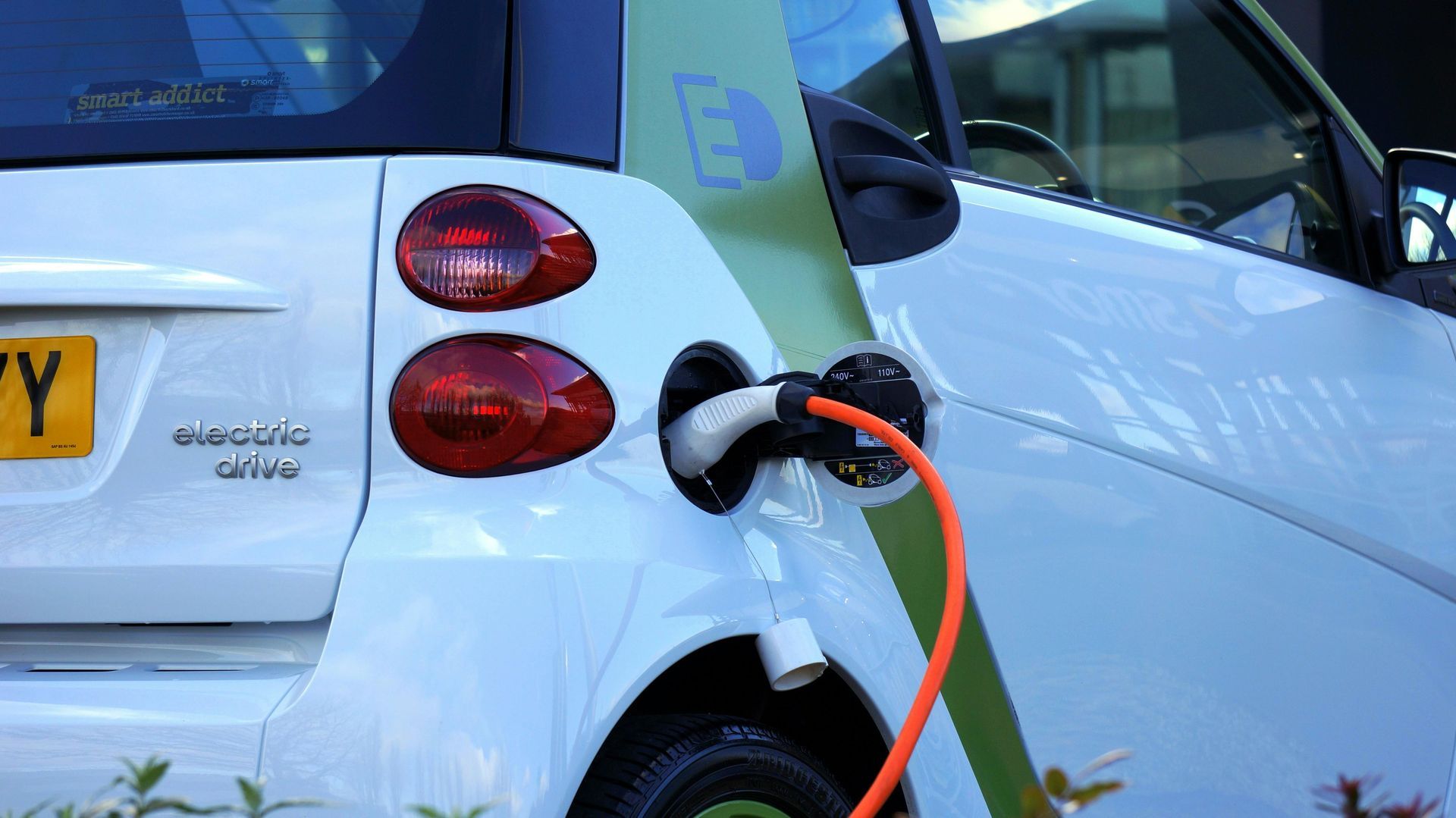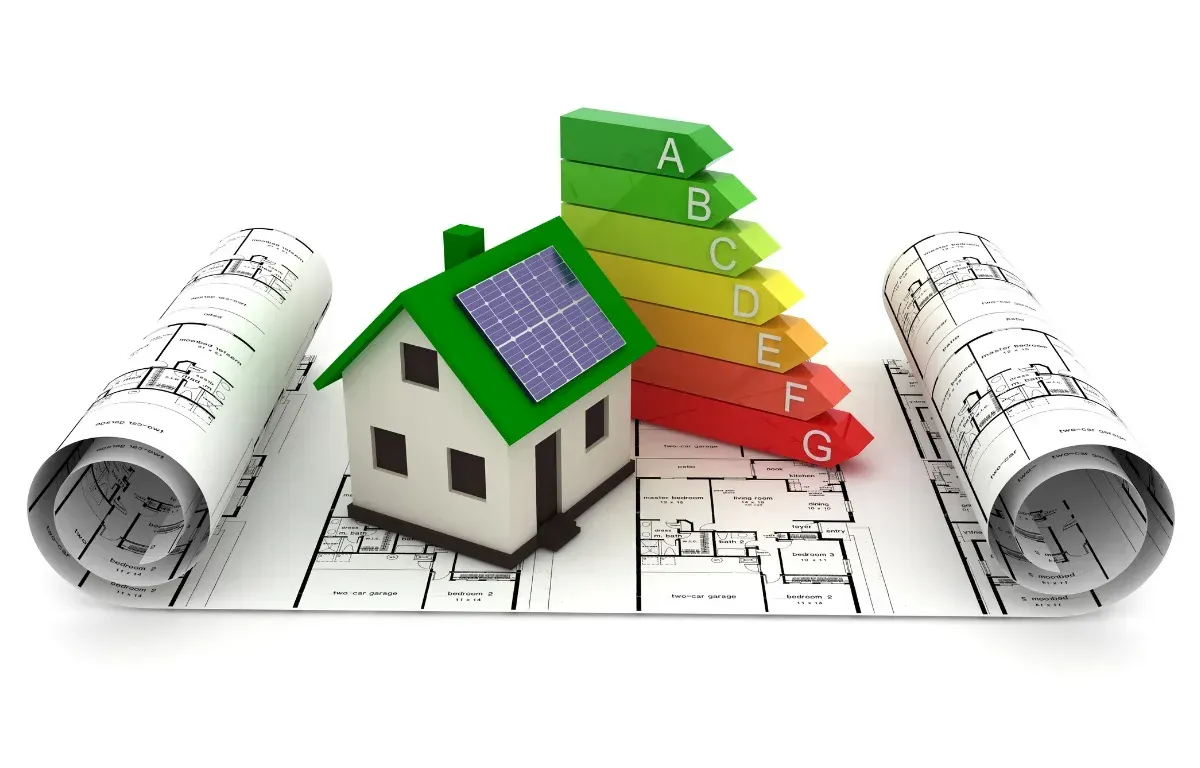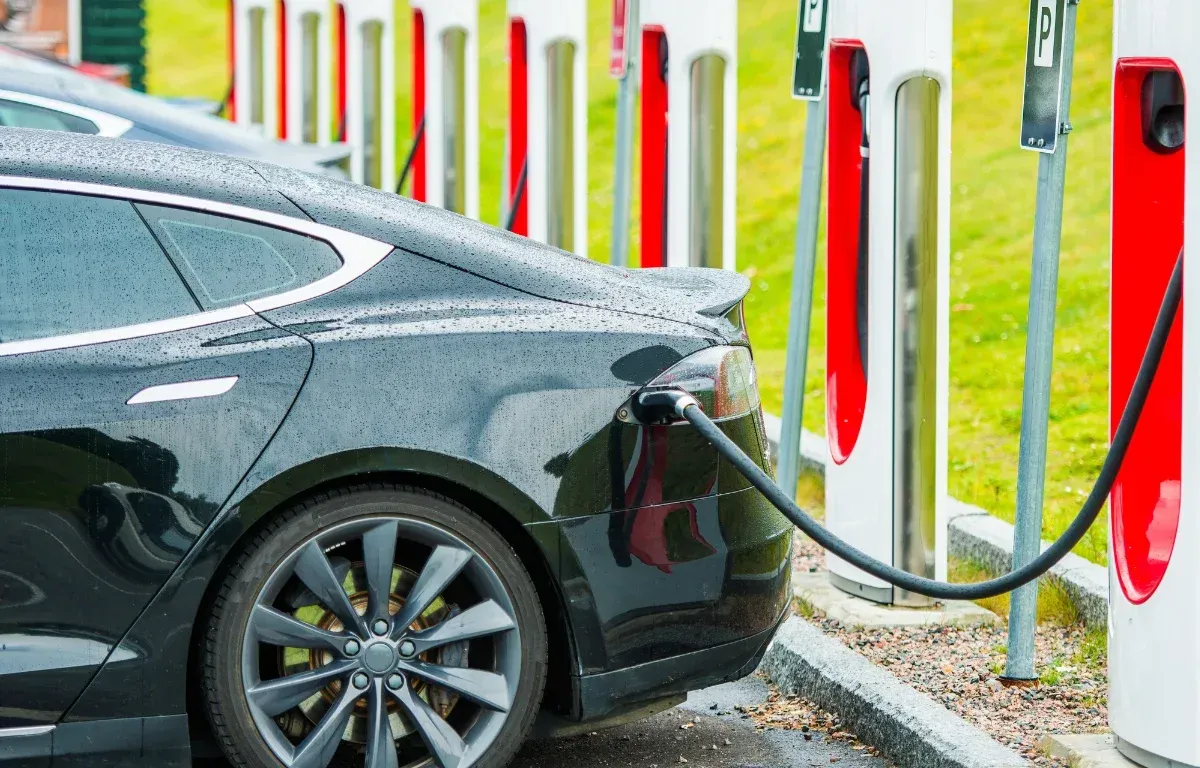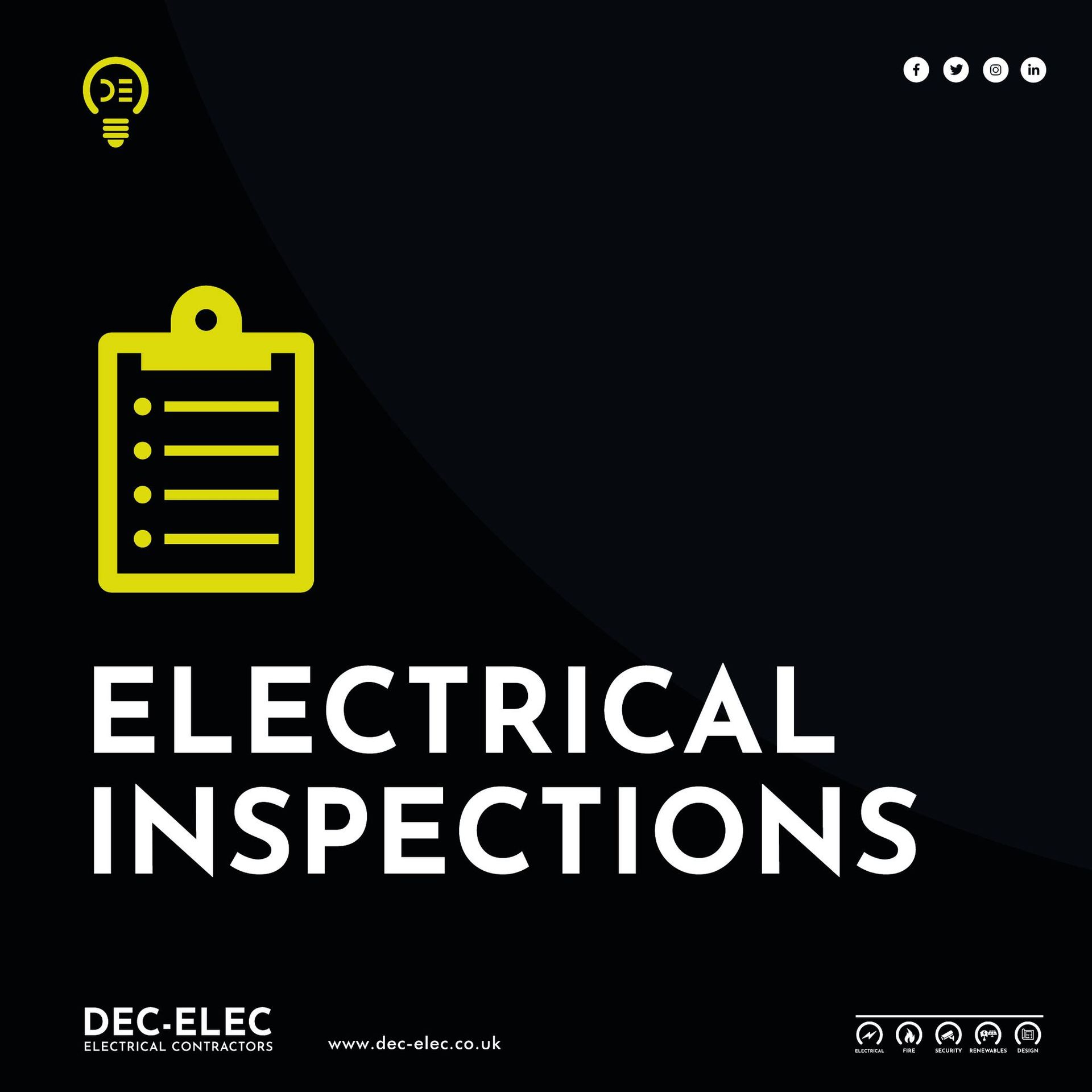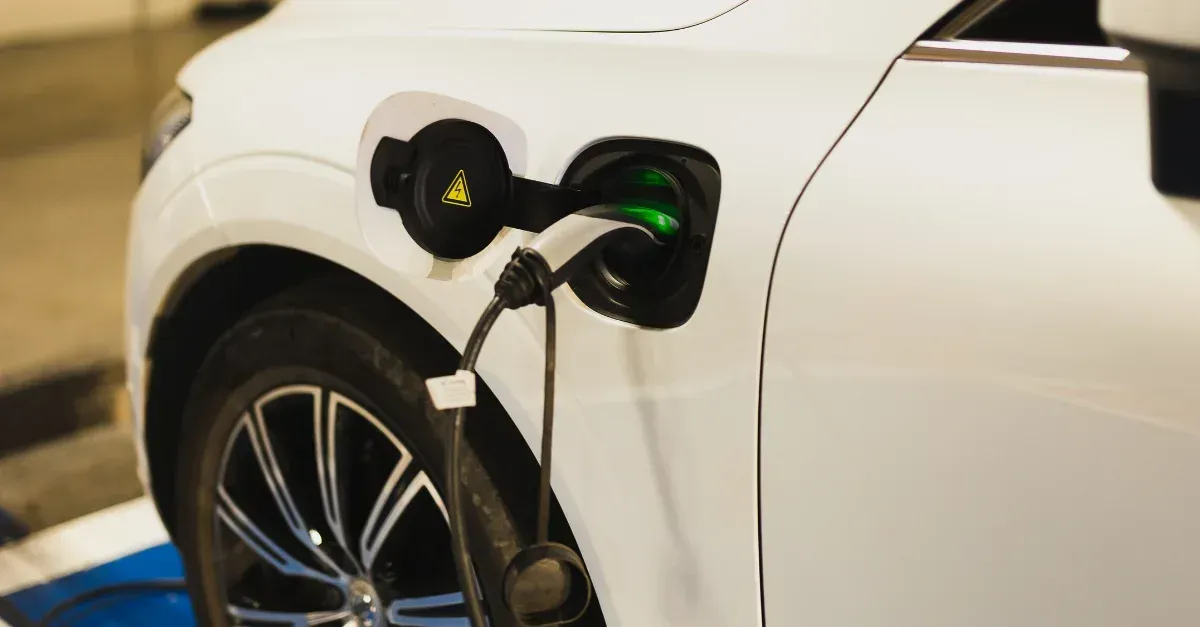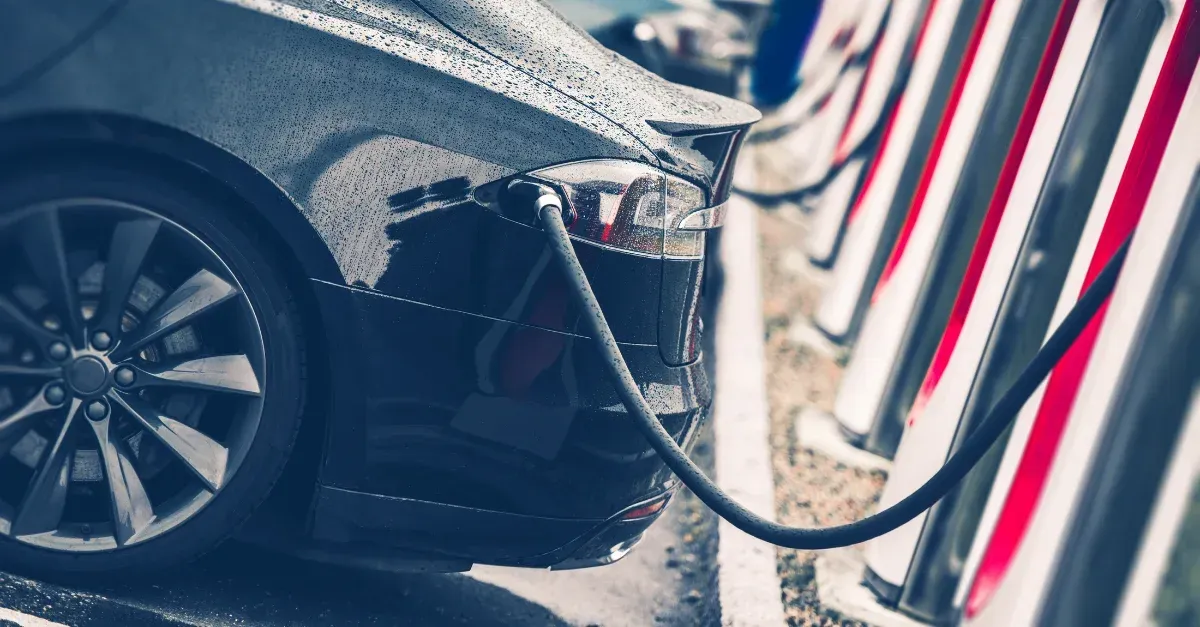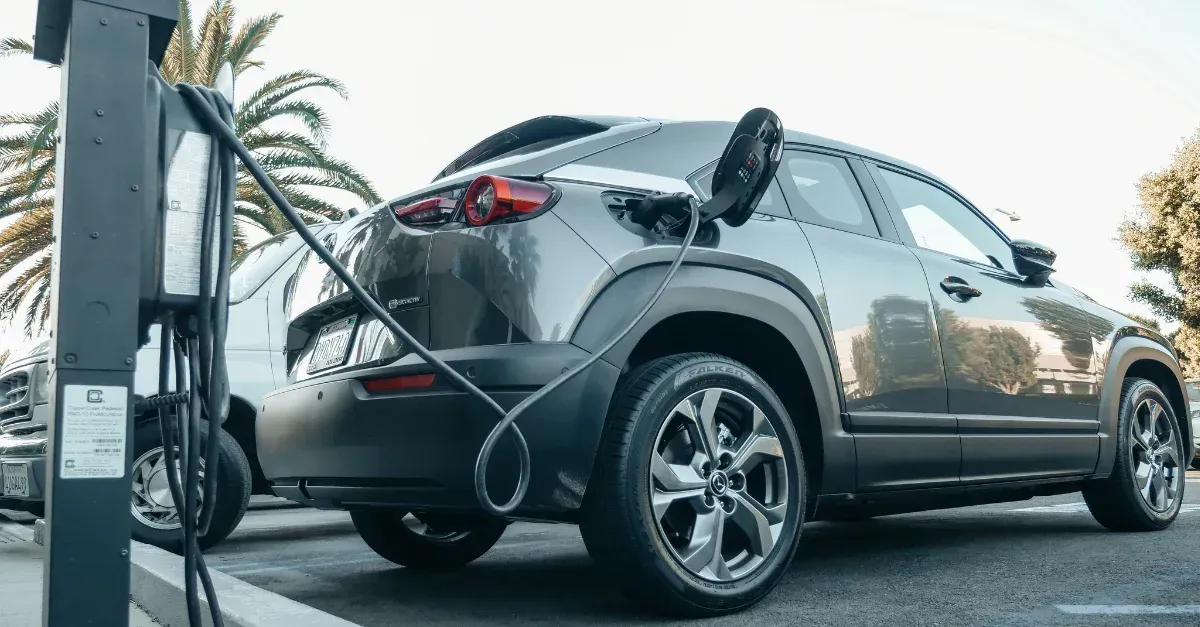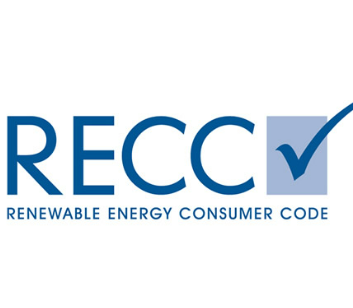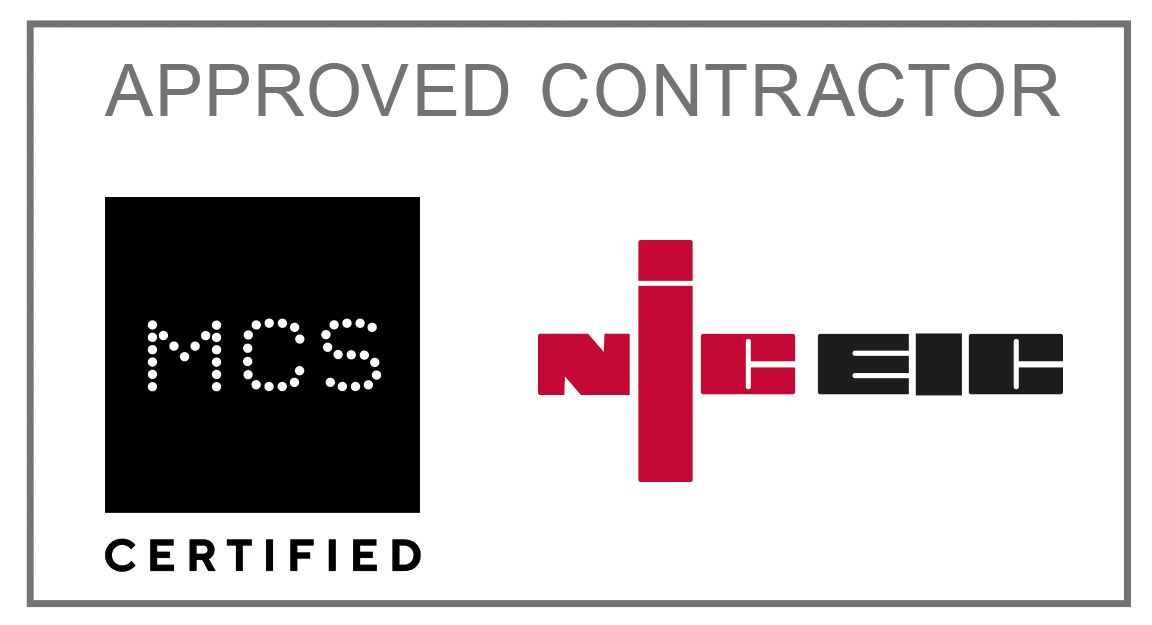COVERING ALL OF SOUTH WALES
What Types of Grants Are Available for Electric Vehicles in the UK?
Share Post
As the UK sets ambitious targets to phase out petrol and diesel vehicles by 2030, the shift toward electric vehicles (EVs) is gaining momentum. To facilitate this transition, there are various government grants for electric car charging points that can help to reduce the upfront costs associated with installing electric car chargers. This initiative not only promotes a cleaner environment but also eases the financial burden for individuals and businesses adopting electric vehicles.
Whether you’re considering installing a single charger at your home or multiple units at your workplace, Dec Elec offers comprehensive consultation and installation services tailored to your needs. Our professional team ensures that all installations meet the highest technical standards and are aligned with government regulations.
Government Incentives
The move toward electric vehicles is a key element of the UK’s strategy to cut carbon emissions and combat climate change with a range of different gov grants for electric cars, its useful to understand which you may eligible for.
Workplace Charging Scheme
This program is designed to expand the infrastructure required for electric vehicles by providing government grants for electric car charging points for businesses. The Workplace Charging Scheme offers vouchers that cover a portion of the installation costs for EV charging stations at commercial sites. Eligible entities include small businesses, charities, and public sector organisations, which can use these subsidies to facilitate the adoption of electric vehicles by their staff and visitors, thereby promoting greener transportation modes.
On-Street Residential Charge Point Scheme
Aimed at homeowners and residential landlords, this scheme supports the installation of EV charging points in areas with on-street parking. By subsidising the cost of installation, the On-Street Residential Charge point Scheme makes it easier for residents without off-street parking to charge their electric vehicles, thus encouraging the uptake of EVs in densely populated urban areas.
Electric Vehicles Charging Point Installation Grant
For private homeowners, the Electric Vehicles Charging Point Installation Grant offers up to 75% off the cost of installing domestic charge points. This significant subsidy makes it economically viable for individuals to contribute to the UK's environmental goals. The accessibility of home charging points boosts the convenience and appeal of owning an electric vehicle, further supporting the nation's transition to sustainable transportation.
Navigating the Grant Application Process
Eligibility for these government grants for electric car charging requires meeting specific criteria. Residential landlords must own or manage properties that are already constructed and located within the UK but outside the Channel Islands and Isle of Man. Eligible applicants include right-to-manage (RTM) companies, residents' management companies (RMCs), and private registered providers of social housing, among others. It's important to note that these grants do not apply to holiday rentals or properties used by the owner.
Commercial landlords face a different set of guidelines. The property must be leased or let to a business that pays business rates, and the installed charging points can only be utilised by the building’s staff or fleet vehicles—not the general public. Each parking space designated for a charge point must be private, off-street, and clearly demarcated, and the applicant must legally control the land.
Expert Installation Services from Dec Elec
Choosing a qualified and experienced contractor like Dec Elec Electrical Contractors is crucial for both domestic and commercial EV charger installations. Our team is adept at managing the intricacies of grant applications and ensuring compliance with installation standards, providing a smooth and efficient service. At Dec Elec, we not only install electric car chargers but also help our clients navigate through the grant application process to maximise the available financial incentives. At Dec Elec Electrical Contractors, we offer a wide range of electrical services, from installation to maintenance. Contact us today to learn more!
RECENT POSTS
